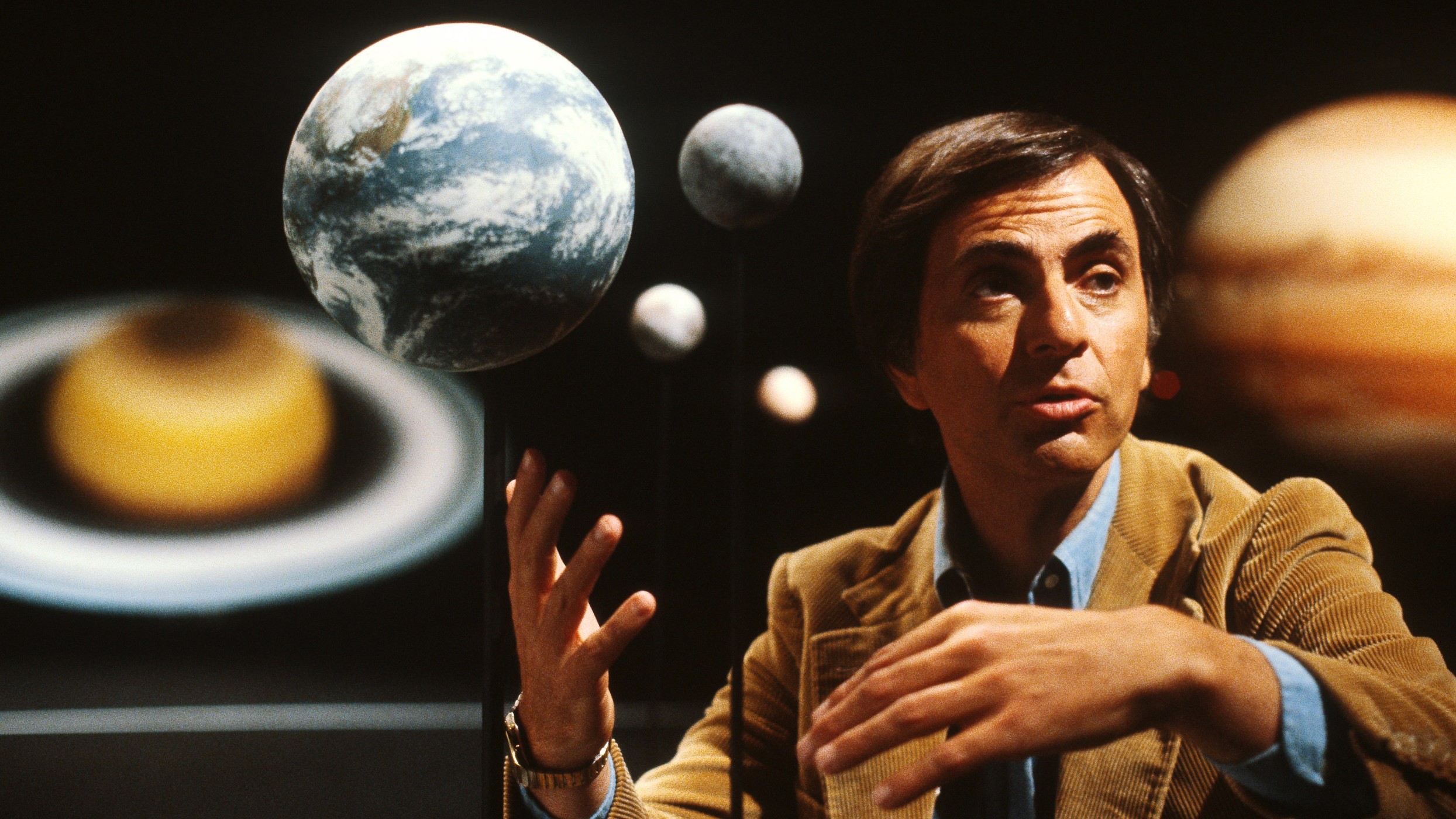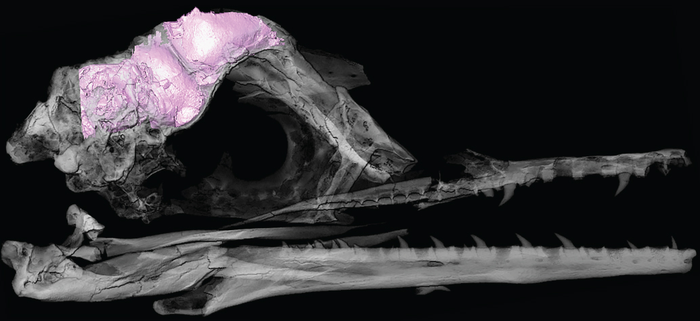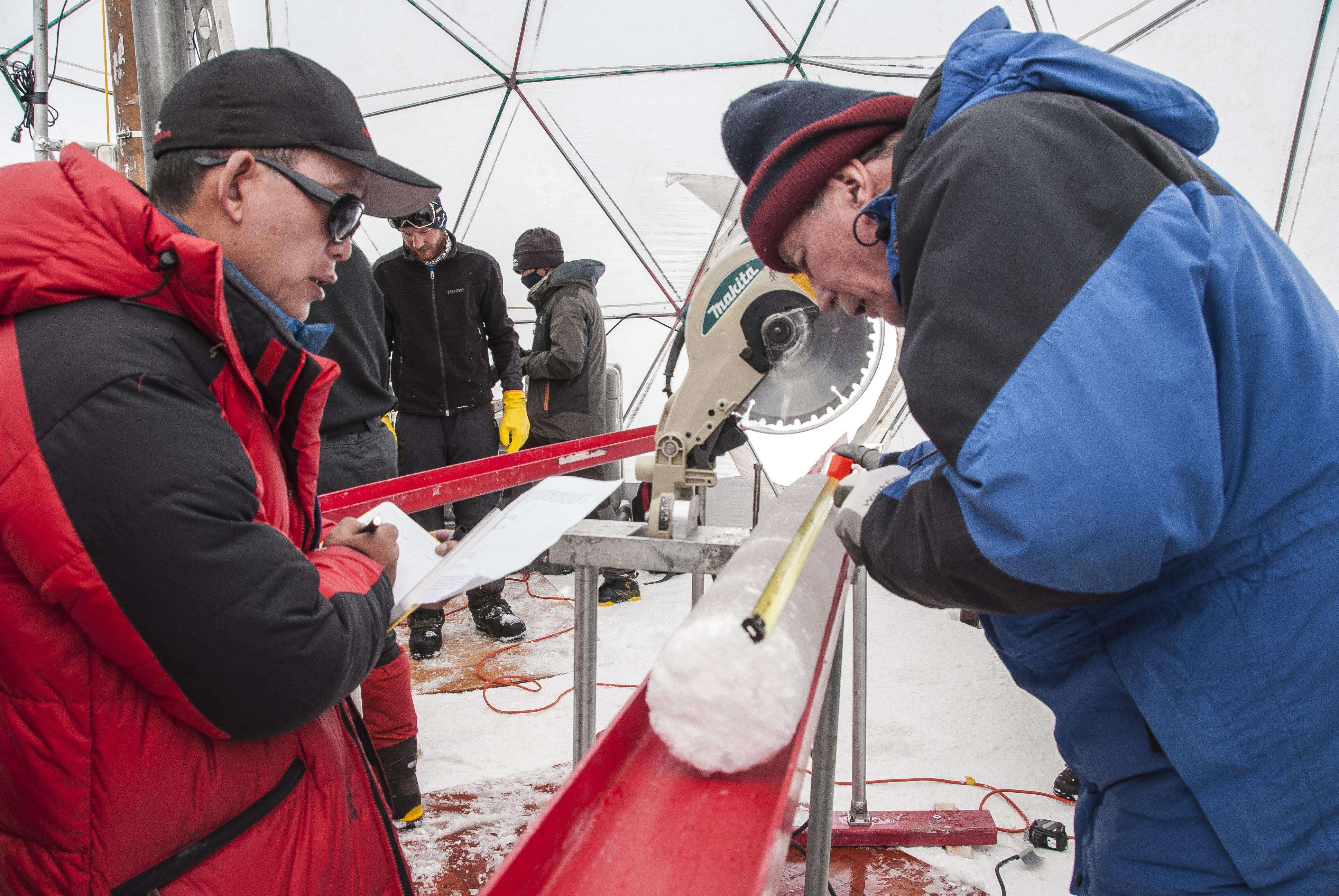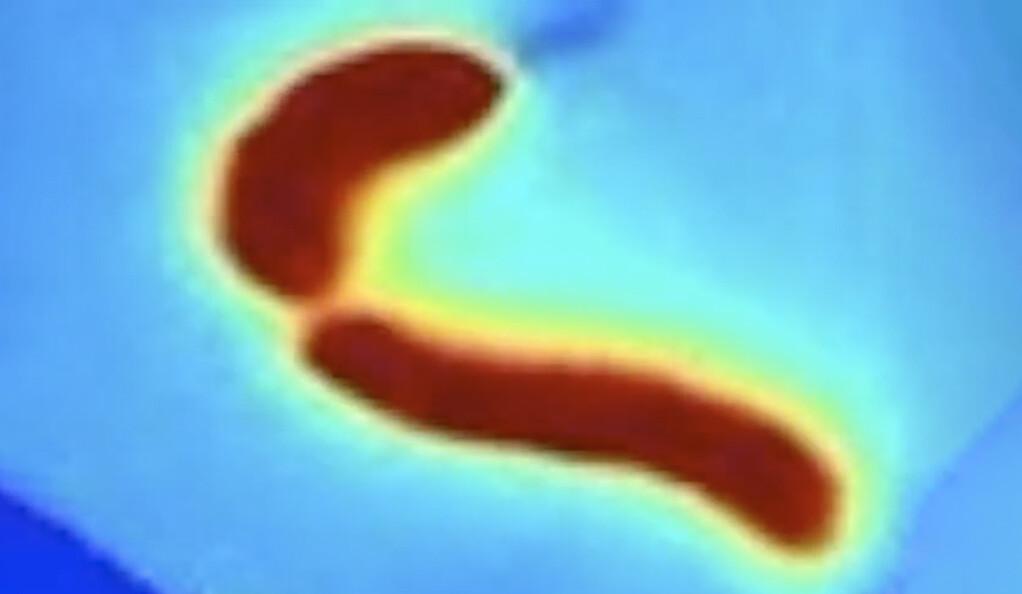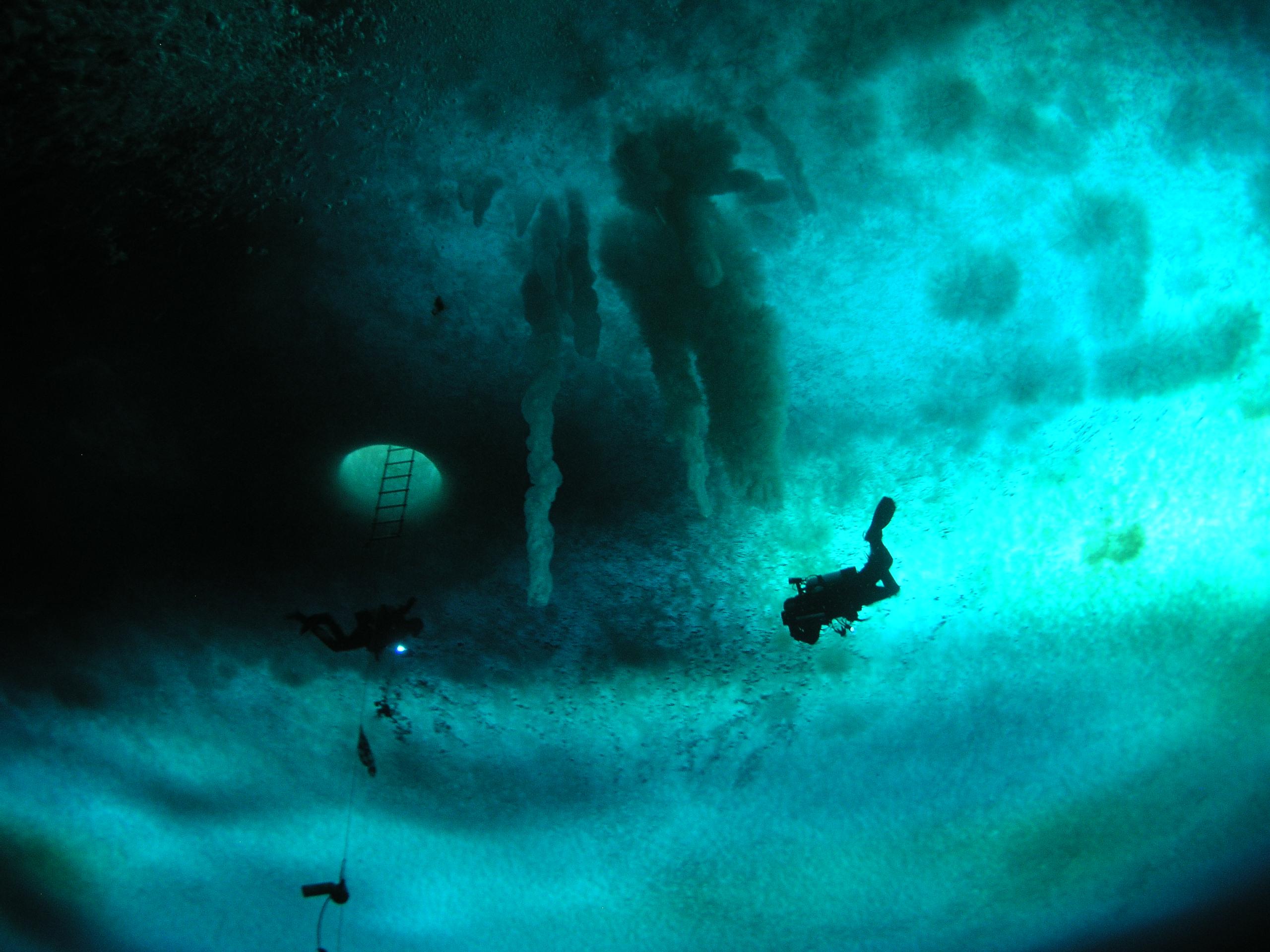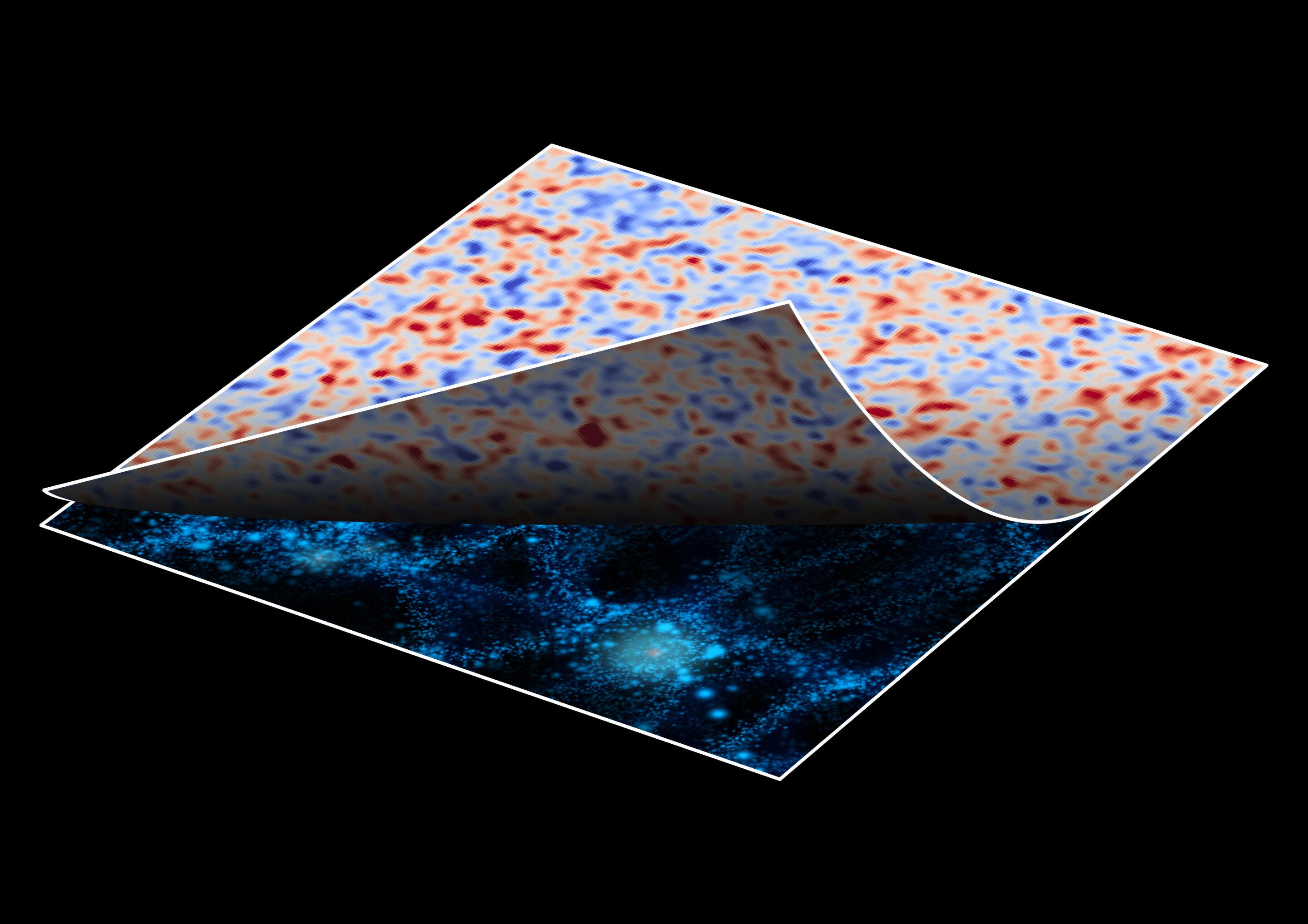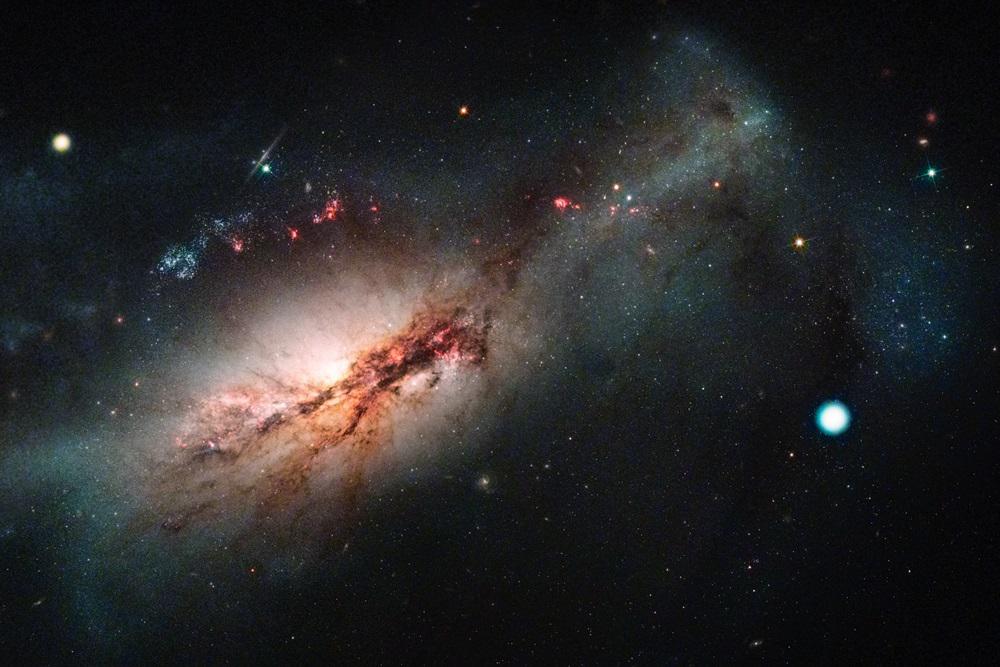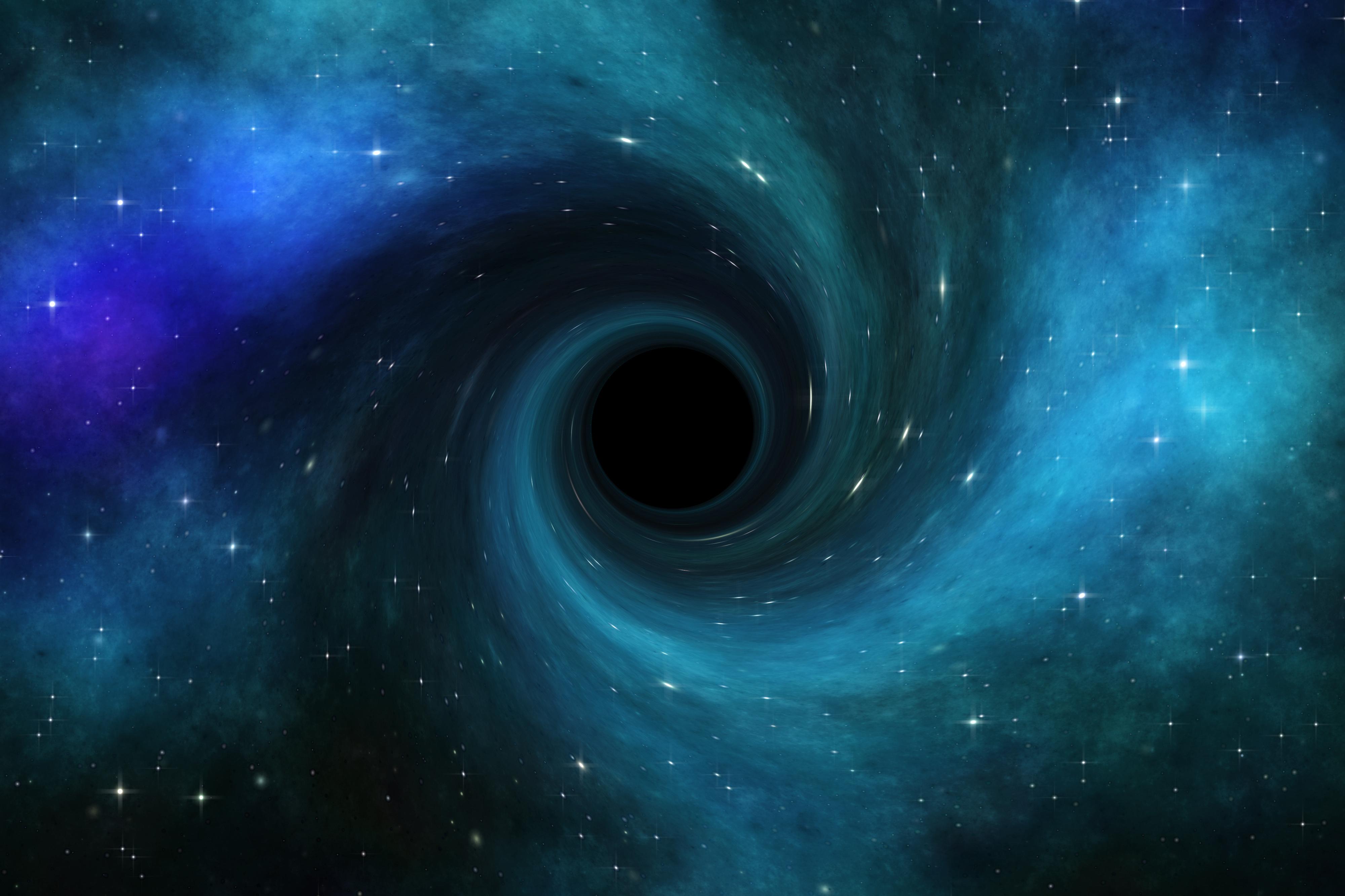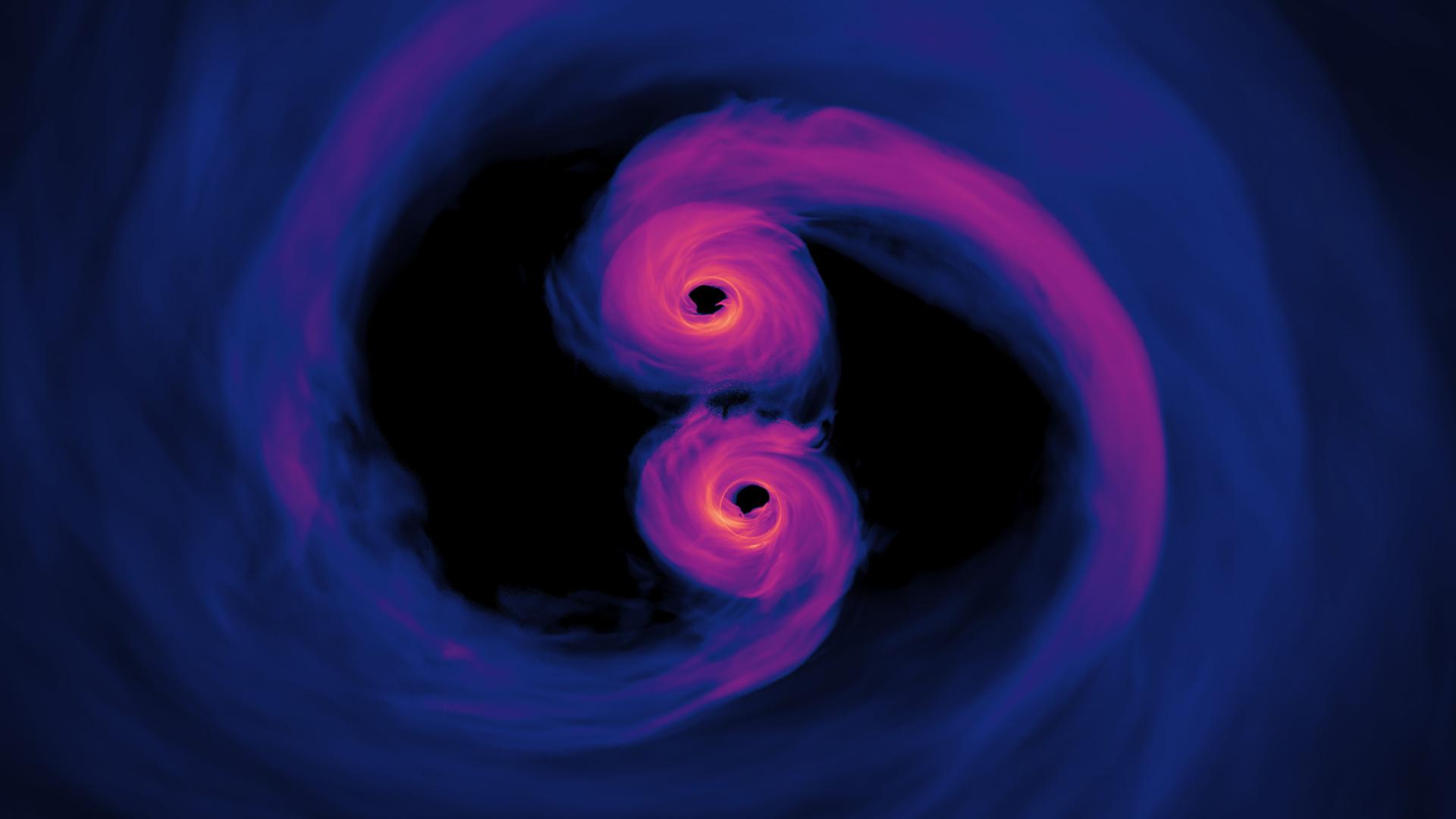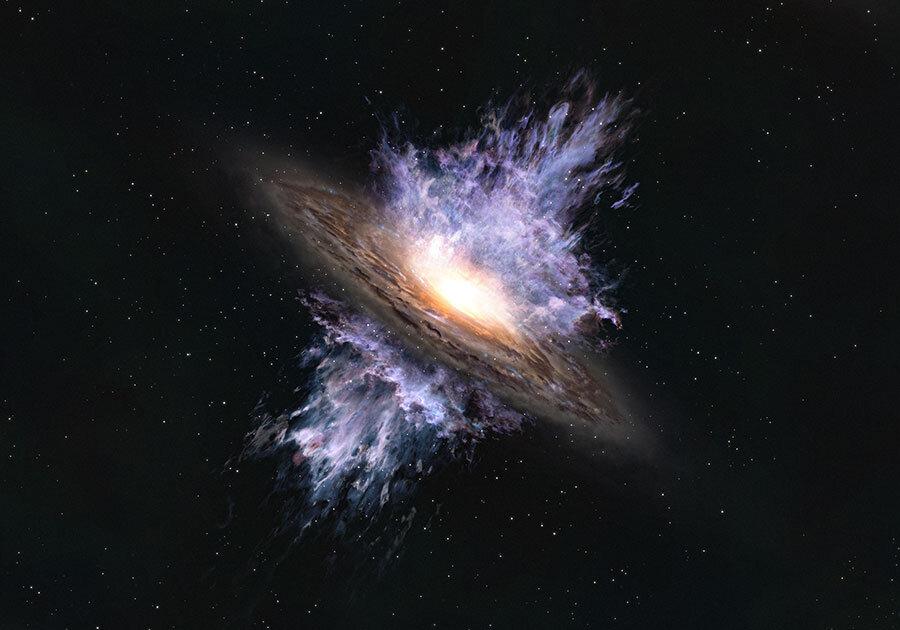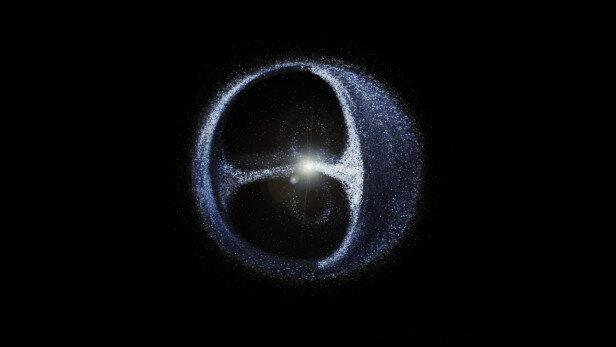Paul Ratner
Contributing Writer
Paul is a writer, filmmaker, and educator. He has written for years for Big Think and other outlets on transformative scientific research, history, and current events. His award-winning films like the true-life adventure "Moses on the Mesa" and the science documentary "The Caveman of Atomic City" have played at film festivals around the world. Paul also organizes numerous unique educational events, renowned film festivals, and competitions for thousands of people. He has degrees from Cornell University (BA) and Chapman University (MFA). You can follow Paul's work at paulratnerimagines.com, on Instagram, and Facebook.
A disturbing interview given by a KGB defector in 1984 describes America of today and outlines four stages of mass brainwashing used by the KGB.
A quote from a 1995 book by astronomer Carl Sagan describes a world many find disturbingly similar to ours.
The brain of an ancient bird offers clues to the survival of its modern-day relatives.
Scientists discover surviving viruses in 15,000-year-old glacier ice on the Tibetan Plateau in China.
A study finds that baby mammals dream about the world they are about to experience to prepare their senses.
A new study tested to what extent dogs can sense human deception.
Research shows that those who spend more time speaking tend to emerge as the leaders of groups, regardless of their intelligence.
Scientists do not know what is causing the overabundance of the gas.
Strange underwater icicles form in the Earth’s coldest regions and freeze living organisms in place.
A new artificial intelligence method removes the effect of gravity on cosmic images, showing the real shapes of distant galaxies.
Astronomers find a third type of supernova and explain a mystery from 1054 AD.
A Nazi institute produced a Bible without the Old Testament that portrayed Jesus as an Aryan hero fighting Jewish people.
A new study proposes that Hawking radiation could be used to find dark matter in places like primordial black holes.
A new study reveals what caused most life on Earth to die out during the end-Permian extinction, also known as the Great Dying.
An analysis of the gravitational wave data from black hole mergers show that the event horizon area, and entropy, always increases.
Researchers discovered a galactic wind from a supermassive black hole that sheds light on the evolution of galaxies.
Maybe eyes really are windows into the soul — or at least into the brain, as a new study finds.
A school lesson leads to more precise measurements of the extinct megalodon shark, one of the largest fish ever.
Is the physical universe independent from us, or is it created by our minds, as suggested by scientist Robert Lanza?
Astronomers possibly solve the mystery of how the enormous Oort cloud, with over 100 billion comet-like objects, was formed.
Determining if the universe is infinite pushes the limits of our knowledge.
A new AI-generated map of dark matter shows previously undiscovered filamentary structures connecting galaxies.
Scientists successfully trained people to use robotic extra thumbs, suggesting body augmentation could revolutionize future humans.
A thought experiment from 1867 leads scientists to design a groundbreaking information engine.
These Roman Emperors were infamous for their debauchery and cruelty.
New studies stretch the boundaries of physics, achieving quantum entanglement in larger systems.
A new paper reveals that the Voyager 1 spacecraft detected a constant hum coming from outside our Solar System.
Scientists discover what our human ancestors were making inside the Wonderwerk Cave in South Africa 1.8 million years ago.
A Harvard professor’s study discovers the worst year to be alive.
A study looks at how to use nuclear detonations to prevent asteroids from hitting Earth.

